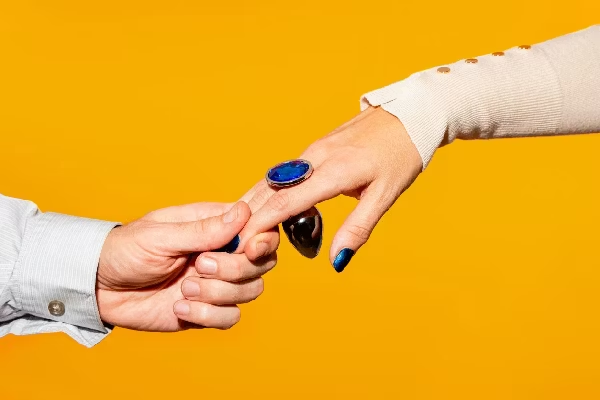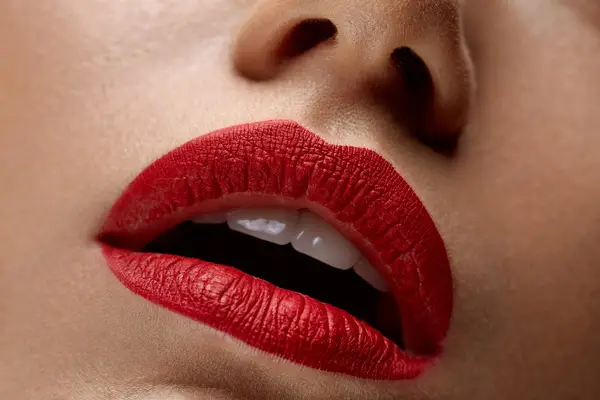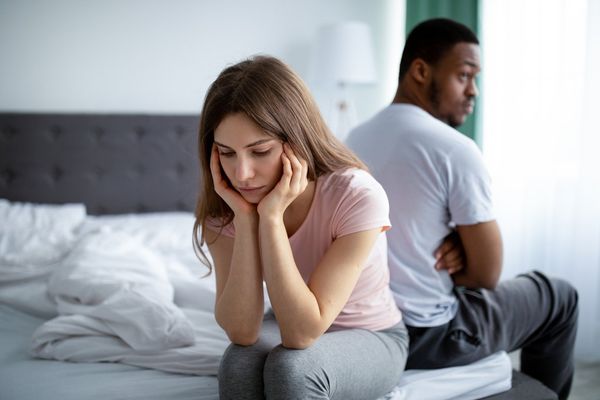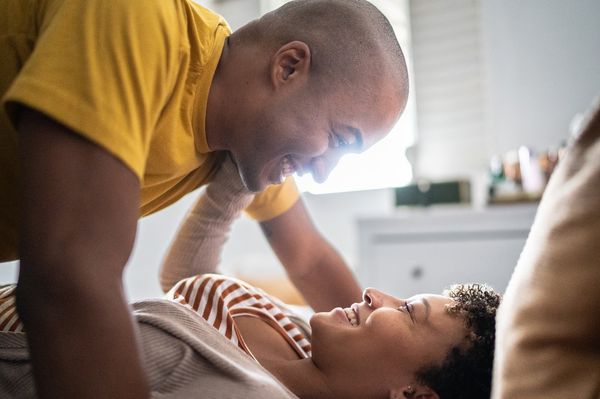Have you lost interest in having sex because your vagina burns? You're not alone. The condition, known as vulvodynia or vestibulodynia, affects about 16 percent of women, and some researchers suspect that number may be even higher.
With vulvodynia, you have discomfort or burning pain in the vulvar area. It has no obvious cause such as cancer, infection, herpes, spinal nerve compression or other neurologic disorder. You may be so uncomfortable that sitting for a long time or having sex is unthinkable.
Vulvodynia affects women of all ages. However, symptoms are most common in women ages 18 to 25 and postmenopausal women. It was once thought to mainly affect Caucasian women. Recent studies, however, have found that African American and Hispanic women are equally likely to have the condition.
Symptoms
The main symptoms of vulvodynia include:
- soreness
- burning
- stinging
- rawness
- throbbing
- itching
- aching
- stabbing
Pain may be constant or occasional. Most commonly it is called "provoked vulvodynia," and the provocation is intercourse. It can last for months or years. You may feel pain in in your entire vulvar area (generalized) or in a certain area, such as the opening of your vagina.
Typically, your vulva looks normal, though vulvar tissue may look slightly swollen or inflamed.
Causes
It's unknown what causes vulvodynia. Some contributing factors may include:
- past vaginal infections such as yeast infections
- hormonal changes (the birth control pill, onset of menopause)
- sexual abuse history
- sensitive skin
- allergies
- irritation or injury of the nerves around the vulvar area
- weakness or spasms of the muscles that support the pelvic organs
- genetic factors
- previous surgery or laser treatments to the external areas of the vagina
Treatments and remedies
Proper treatment requires the correct diagnosis. A practitioner who deals in women's gynecologic care or sexual health is a good option. Many women have been treated for a wide variety of conditions before the correct diagnosis is made.
There is no known cure for vulvodynia, but there are treatments. Left untreated, you may experience anxiety, depression, sleep disturbances, low self-esteem, relationship issues, altered body image and reduced quality of life.
No treatment works for everyone, and you may need to combine treatments for relief. Some options include:
- Medications: Anticonvulsants, steroids or tricyclic antidepressants may lessen chronic pain. Addressing hormone changes can be beneficial. Antihistamines may reduce itching. Lidocaine ointment can provide temporary symptom relief, too. You may also benefit from local injections of nerve blocks if your pain has been happening for a while and is unresponsive to other treatments.
- Lubrications: Use plenty of water-soluble lubrication during sexual intercourse.
- Cold compresses: Put them directly on your external genital area. The cool temps may help reduce itching and pain.
- Proper clothing: That means avoiding nylon underwear and tight-fitting pantyhose. Tight clothing restricts airflow to your genital area. And that often creates moisture, which can cause irritation. Opt for 100 percent cotton, white underwear to promote dryness and ventilation. If you're comfortable, wear no underwear while sleeping.
- Correct bathing: Avoid hot tubs and soaking in hot baths. Spending time in hot water can lead to itching and discomfort. Consider soaking two or three times a day in a lukewarm or cool bath for five to 10 minutes. When you're bathing, use plain water to gently clean your vulva with your hand. Pat the area dry. Apply plain petroleum jelly or another preservative-free lubricant after bathing; it will help create a protective barrier.
- Therapy: You may have tension in your pelvic floor muscles. Learning and practicing exercises to help relax those muscles can help relieve pain. Pelvic floor physical therapy can be helpful.
- Surgery: Depending on the type of vulvodynia you have, you may qualify for surgery to remove the affected tissue and skin.
- Healthful living: Exercise regularly to promote circulation and reduce pain levels. Keep a food diary to assess if certain foods increase your pain.
For more information, visit our content on vulvodynia: What does burning during sex mean? and our vulvodynia primer.







